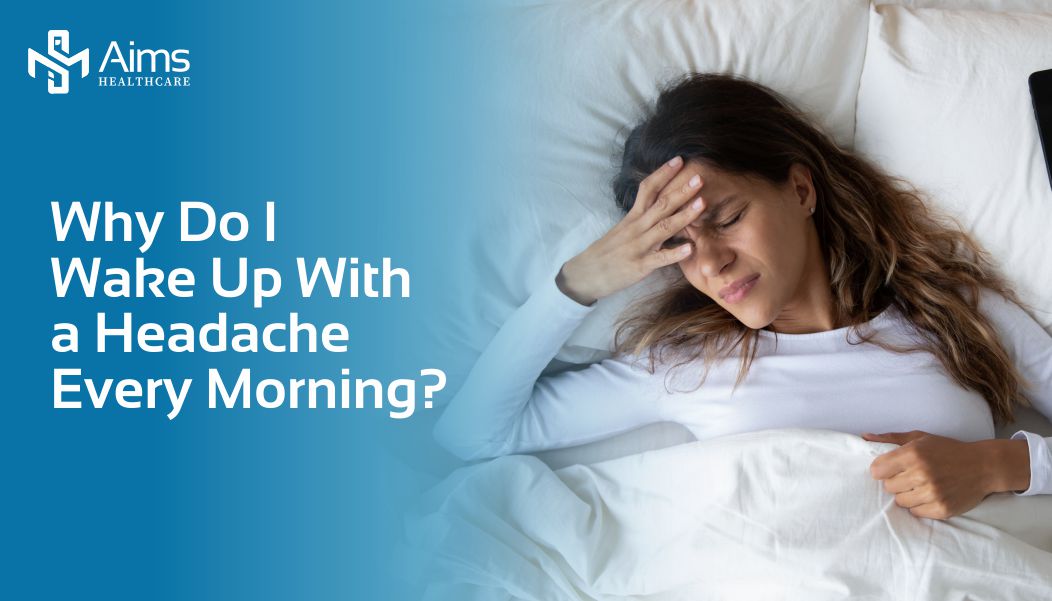

declining performance at work or school.Research has found evidence to suggest that sleep deprivation negatively affects functions associated with the brain’s frontal lobe, including: As a result, you’ll likely have trouble concentrating and remembering things after a night of poor sleep. When you don’t get enough sleep, your brain can’t work as efficiently. attention deficit hyperactivity disorder (ADHD).Sleep deprivation has also been linked to symptoms of some mental health conditions, including: Research also suggests that sleep deprivation can worsen mental health symptoms, including depression, anxiety, paranoia, and hallucinations. notice abrupt mood changes and difficulty managing emotions.When you don’t get enough sleep, you’re more likely to: Without a doubt, a night of bad sleep can affect your mood the next day.
#WHEN SHOULD I WAKE UP IF I SLEEP NOW SKIN#

Sleep deprivation is a real concern for many people, especially those faced with consistent work and life challenges that can further disrupt sleep. We’ll also offer more insight on how sleep cycles work and why sleep, or lack thereof, can affect your health.
#WHEN SHOULD I WAKE UP IF I SLEEP NOW HOW TO#
The time you go to sleep, however, might vary, depending on any number of things:īut since you know when you need to get up, knowing the specific amount of sleep you need to function at your best can help you determine what time to go to bed.īelow, you’ll find out how to calculate the best time to go to bed based on your wake time and natural sleep cycles. You may not realize it, but the amount of sleep you get can affect everything from weight and metabolism to brain function and mood.įor many people, wake-up time remains fairly constant from day to day. Keeping track of your sleep schedule might not always be your top priority, but getting enough sleep is critical to your health in many ways. How much sleep did you get last night? What about the night before? How much sleep do you actually need?


 0 kommentar(er)
0 kommentar(er)
